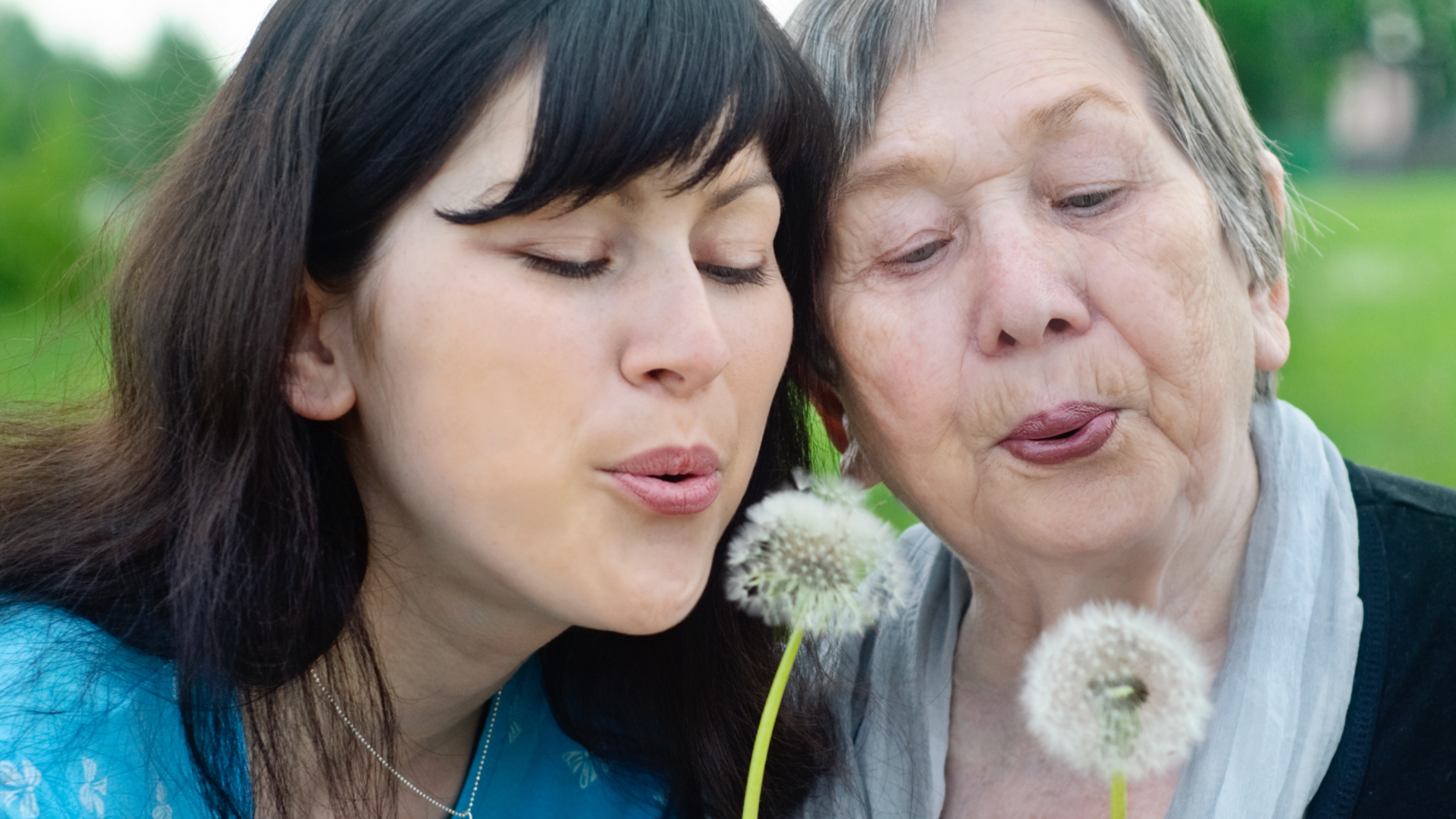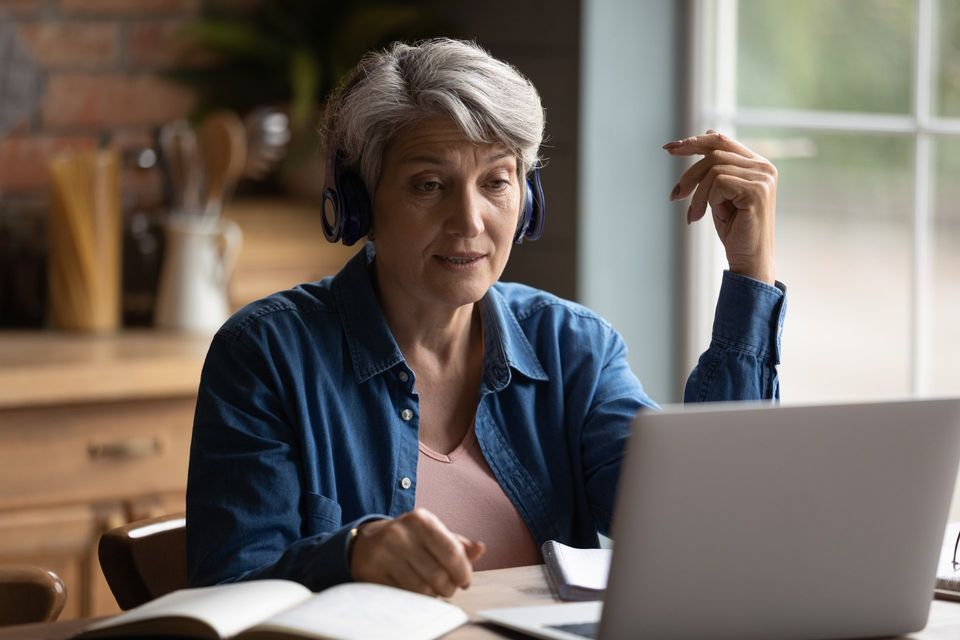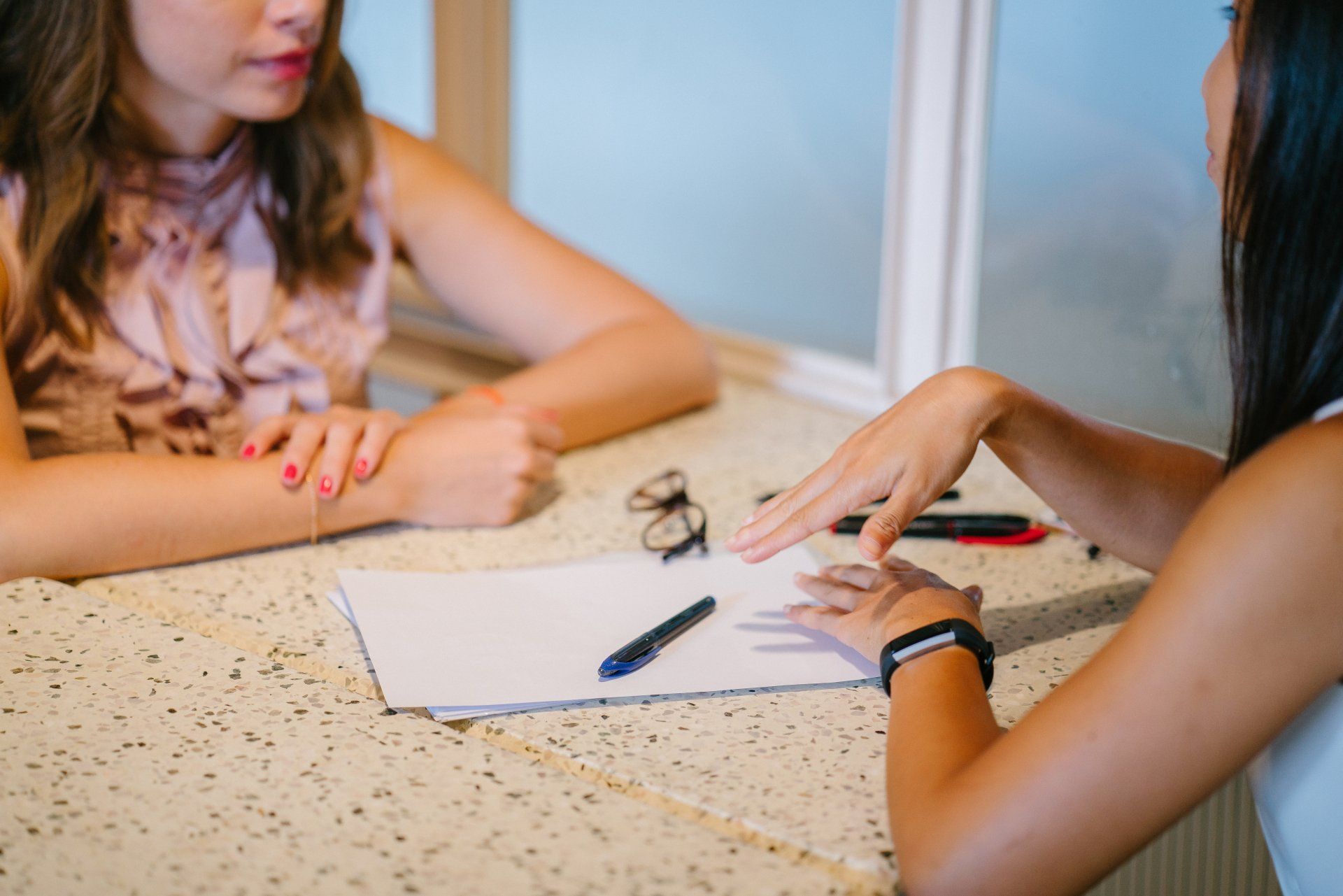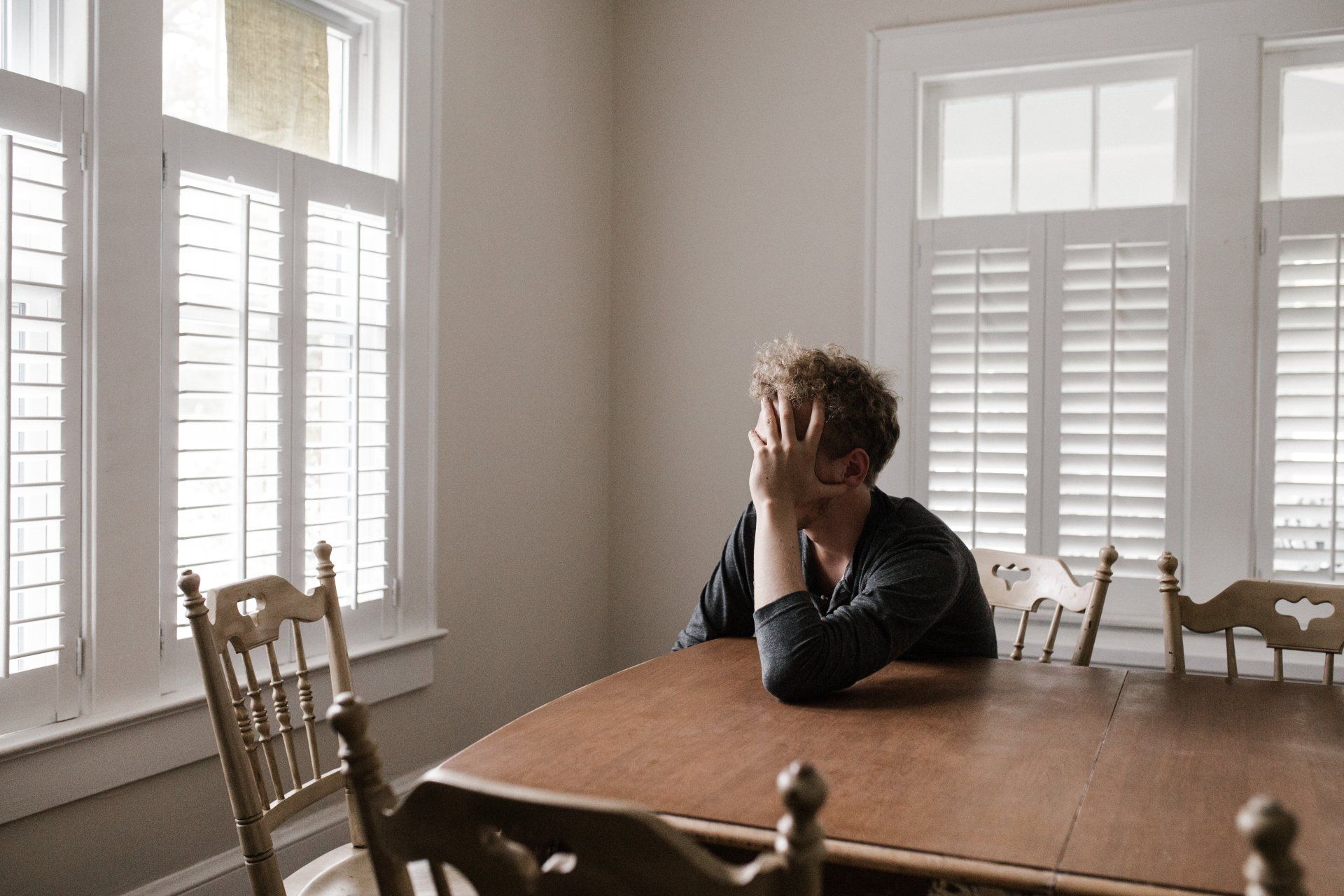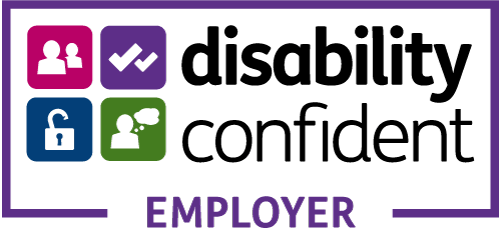When I get older...
Getting older should not be about getting less from life
When we get older we still have emotions, we have feelings and our thoughts can turn to joy or distress. At any age it can be hard for us to express them. For some people they may also not have had many different experiences in life that would make it easier for us to deal with these emotions or we may have been told or learnt to be a lot more stoical.
For some, it will be more likely they will experience depression, anxiety and loneliness as they get older. This is because people do not live in social groups anymore, our bodies start wearing down and our friends die. We can loose our life partners.
It is important that we recognise as a society and as individuals it is ok to talk about our feelings, fears and often losses, not just of friends and loved ones but the roles that we may have once had. We need to get a good mix of self-care, have the medications that oil are joints or keep other conditions at bay and use talking therapies like cognitive behavioural therapy or counselling, to get the most out of life.
Mental illness is a common experience in modern society and most people will go through this at some point in their lives, but the effects can be life-changing and hard to live with. There are many different treatments and therapies to use.
For most people, mental health difficulties develop slowly over many years. Mental illness can affect anyone's ability to have a happy, healthy and successful life. With the right support, most people with a mental health problem get better.
What are talking therapies?
Our mental health is more important than ever – particularly because how we’re feeling mentally can have a big impact on how we feel physically. If you’re finding things tough and it’s affecting your mood and how you feel, then speaking to your GP is good place to start.
Talking about your mental health can be daunting, but your GP will be used to having these conversations and won't judge you. They are there to help and will know what to do.
There’s something called 'talking therapies', which can really start to help people who are feeling low, anxious or out of sorts. They can sometimes be referred to as IAPT (improving access to psychological therapies) or just psychological therapies. They involve talking to someone who is specially trained to help us manage our thoughts and feelings and the effect they have on our behaviour and mood.
There are different kinds of talking therapies. The most common are Cognitive Behavioural Therapy (CBT) and counselling.
- Cognitive behavioural therapy can help you by looking at and changing how you think and behave. It’s based on the idea that the way we feel is affected by our thoughts, beliefs and behaviour.
- Counselling lets you talk about your problems and feelings in a safe environment. Counsellors are trained to listen and empathise. They won’t give you advice but will support and guide you to understand your problems and deal with negative thoughts and feelings.
Are talking therapies really for me?
Talking is often the best way to start feeling better. It's not always easy to open up about our feelings, but there's a lot of truth in that old saying 'a problem shared is a problem halved.'
Talking therapies are proven to work – and they can work particularly well for people who are older. Even if you've tried them before and weren't sure, you can give talking therapies another go.
You may be put off by not having face-to-face appointments at the moment and having to do things by phone or video call, but you may be pleasantly surprised. Lots of older people have benefitted from talking therapies throughout the pandemic and have found that remote appointments have worked just as well for them
Get the best out of life and make the most of your community
